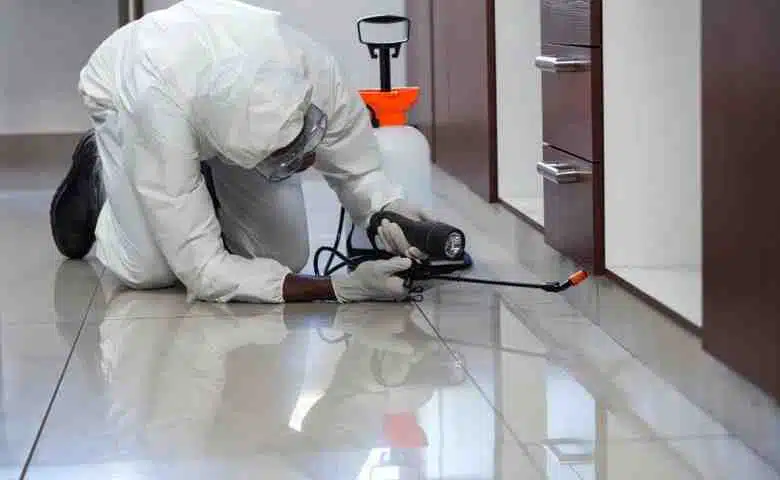In recent years, the hospitality industry has witnessed a significant transformation with the integration of technology. One of the most revolutionary tools that have emerged is predictive analytics. But what exactly is predictive analytics and how does it help in hotel pest management? This article will delve into the ways predictive analytics can be a game-changer for maintaining a pest-free environment in hotels.

Understanding Predictive Analytics in Pest Management
Predictive analytics involves using data, statistical algorithms, and machine learning techniques to identify the likelihood of future outcomes based on historical data. In the context of hotel pest management, it means using data to predict and prevent pest infestations before they occur. This proactive approach allows hotels to maintain cleanliness and enhance guest satisfaction.
Why Hotels Need Predictive Analytics
Hotels are bustling environments with numerous entry points for pests. Traditional pest control methods often react to infestations after they occur, leading to potential reputational damage and financial loss. By implementing predictive analytics, hotels can identify potential pest threats early and take preventive measures. This not only saves money but also protects the hotel's reputation.
How Predictive Analytics Works in Hotels
Predictive analytics works by collecting data from various sources such as guest feedback, weather patterns, and historical pest data. This data is then analyzed to identify patterns and trends in pest behavior. For instance, certain pests may be more active during specific seasons or in particular areas of the hotel. By understanding these patterns, hotel managers can deploy targeted pest control measures.
Implementing Predictive Analytics in Hotel Operations
Integrating predictive analytics into hotel operations requires collaboration between hotel management and pest control experts. It's crucial to have a robust data collection system in place, such as digital pest monitoring systems. These systems can provide real-time data on pest activity and help in making informed decisions.
For example, digital pest monitoring is growing in popularity among hotels due to its ability to provide accurate and timely data. This data can be used to adjust pest control strategies dynamically, ensuring maximum effectiveness.
Benefits of Predictive Analytics in Pest Management
There are numerous benefits to using predictive analytics in hotel pest management. Firstly, it reduces the reliance on chemical pest control methods, which can be harmful to the environment and guests. Secondly, it leads to cost savings by preventing infestations before they require extensive treatment. Lastly, it enhances guest satisfaction by ensuring a clean and safe environment.
Challenges and Considerations
While predictive analytics offers many benefits, it also comes with challenges. Implementing a predictive analytics system requires an initial investment in technology and training. Additionally, hotels must ensure data privacy and security, as sensitive information about hotel operations and guest feedback is involved.
However, the long-term benefits far outweigh these challenges. By investing in predictive analytics, hotels can position themselves as leaders in the industry, offering guests a superior experience.
Real-World Applications
Several hotels have already seen success with predictive analytics. For example, Ecolab offers solutions that integrate predictive analytics to help hotels maintain a pest-free environment. By leveraging data and technology, these hotels can provide a higher standard of cleanliness and safety for their guests.
Conclusion
In conclusion, predictive analytics is a powerful tool that can revolutionize hotel pest management. By adopting a proactive approach, hotels can prevent pest infestations, save costs, and enhance guest satisfaction. As the hospitality industry continues to evolve, embracing innovative technologies like predictive analytics will be key to staying competitive and ensuring a superior guest experience.

FAQs
What is predictive analytics?
Predictive analytics involves using data and statistical methods to predict future outcomes based on historical data.
How does predictive analytics benefit hotels?
It helps hotels prevent pest infestations, save costs, and enhance guest satisfaction by predicting and addressing potential pest threats early.
Are there challenges in implementing predictive analytics?
Yes, challenges include the initial investment in technology and training, as well as ensuring data privacy and security.
